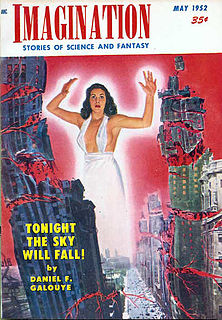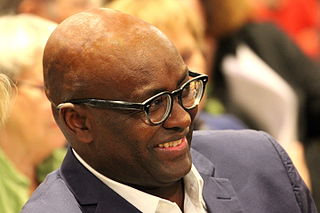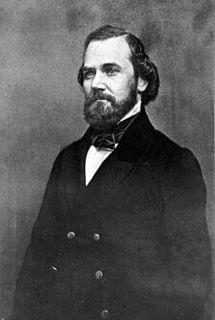A Quote by Thabo Mbeki
We have a series of regular meetings with South African business. Big business. Black business. Agriculture. As well, of course, with the trade unions. A whole series of meetings like that which engage issues that these South African social partners need to address.
Related Quotes
When I was in government, the South African economy was growing at 4.5% - 5%. But then came the global financial crisis of 2008/2009, and so the global economy shrunk. That hit South Africa very hard, because then the export markets shrunk, and that includes China, which has become one of the main trade partners with South Africa. Also, the slowdown in the Chinese economy affected South Africa. The result was that during that whole period, South Africa lost something like a million jobs because of external factors.
So there's no typical day, but I transition through the course of my business day by doing everything from construction meetings on the development project under construction to design meetings for an upcoming apparel delivery to acquisition meetings about projects we're looking to acquire. It's very diverse in terms of content, substance, and what I address on a typical day.
We do not have a South African as a member of the African Commission. The President of the Commission comes from Mali, the Deputy comes from Rwanda and then we have got all these other members, ordinary commissioners. There is no South African there. And the reason, again, for that is not because we didn't have South Africans who are competent.
We raised the matter of an agreement that was reached at the Growth and Development Summit, which was that we should access a certain part, 5% was mentioned, of the funds in the hands of the institutional investors, domestically, for investment in the real economy. That being an agreement of the Growth and Development Summit, we will engage South African business to see how we can make that a practical thing. So, there is a different set of engagement with local business.
Meetings are held because men seek companionship or, at a minimum, wish to escape the tedium of solitary duties. They yearn for the prestige which accrues to the man who presides over meetings, and this leads them to convoke assemblages over which they can preside. Finally, there is the meeting which is called not because there is business to be done, but because it is necessary to create the impression that business is being done. Such meetings are more than a substitute for action. They are widely regarded as action.
I think anybody who knows anything about South Africa and the South African economy would know that one of the big constraints to growth and development is skills shortages. So all of us, need to come at this thing as vigorously as is possible and, of course, the private sector has the capacity to take it on board.







































